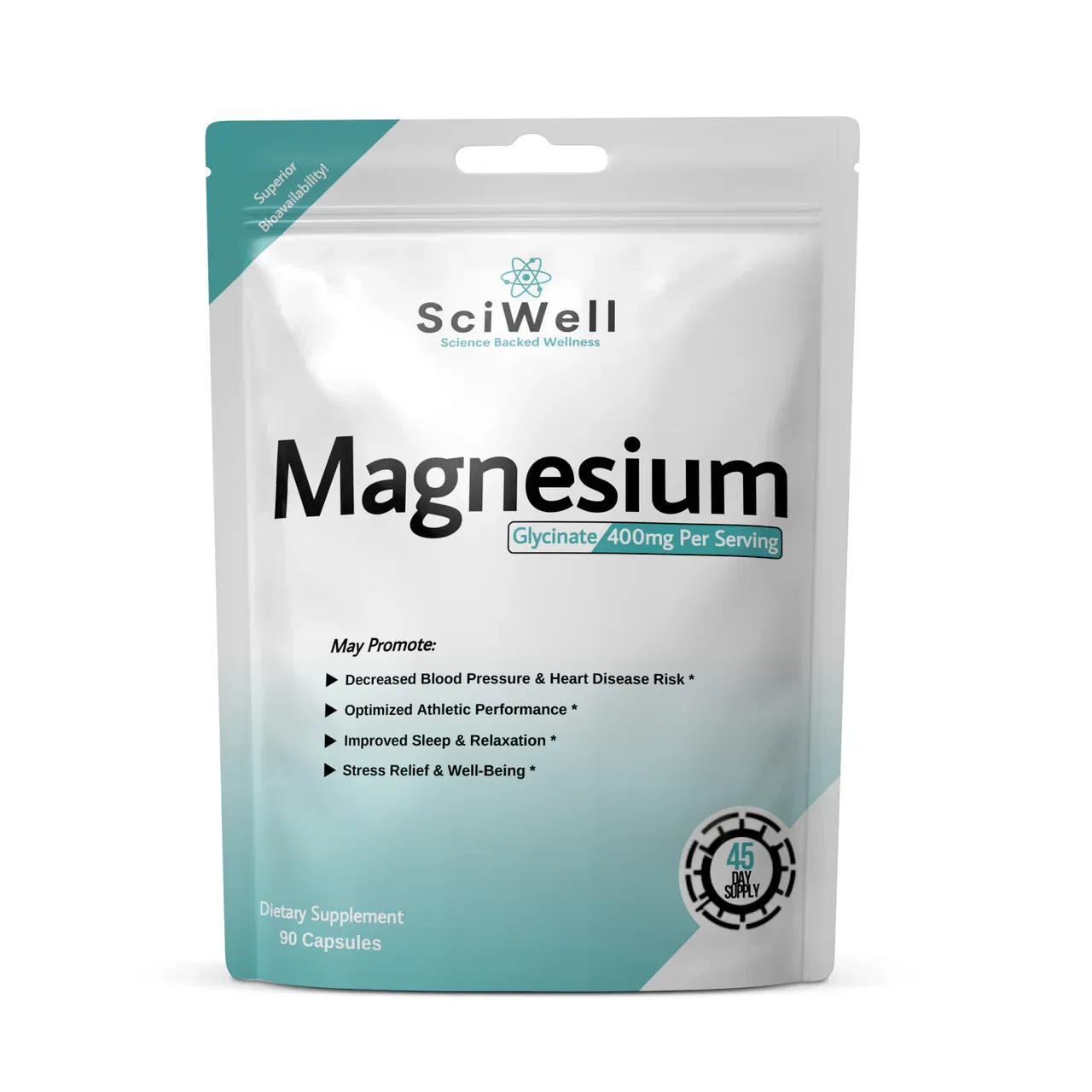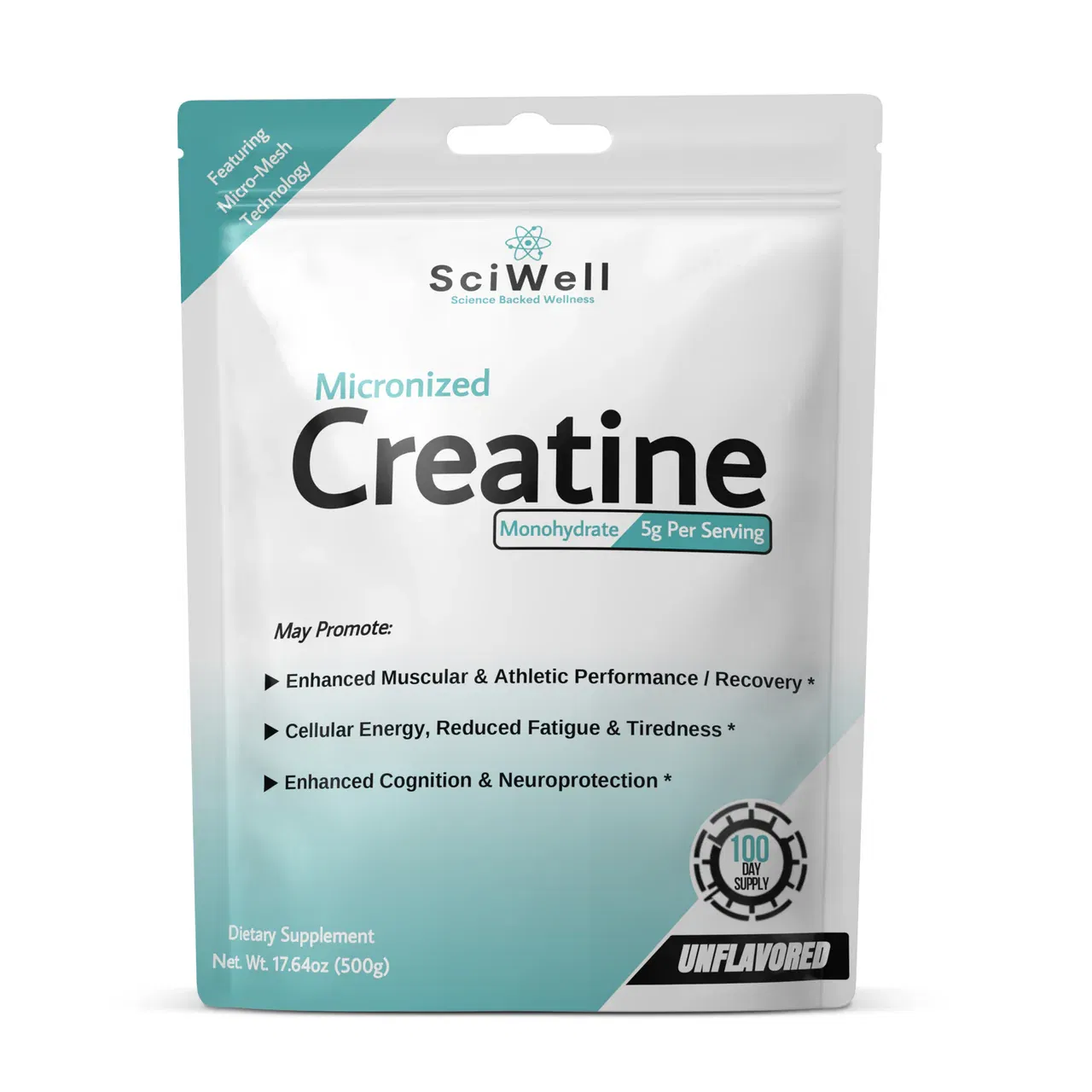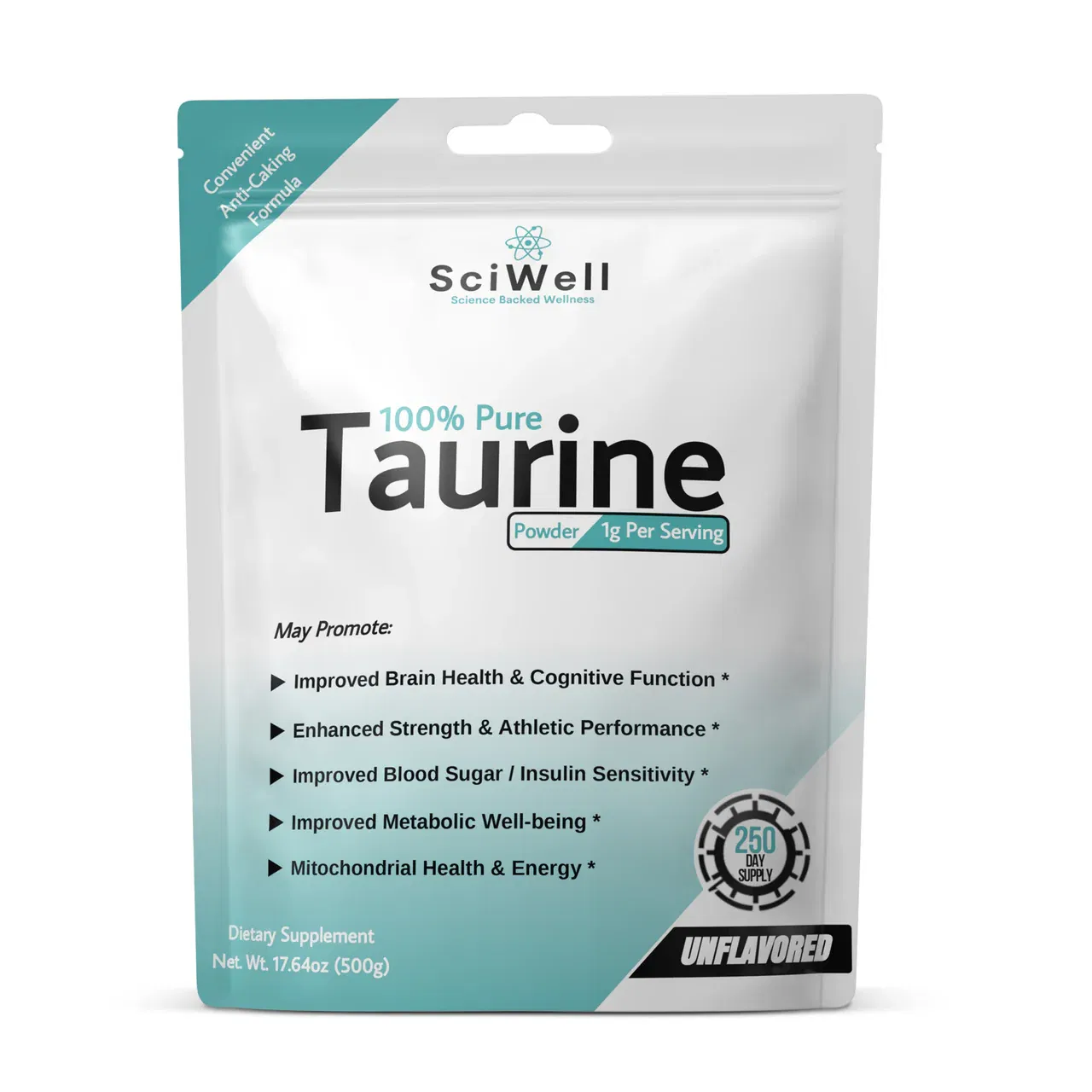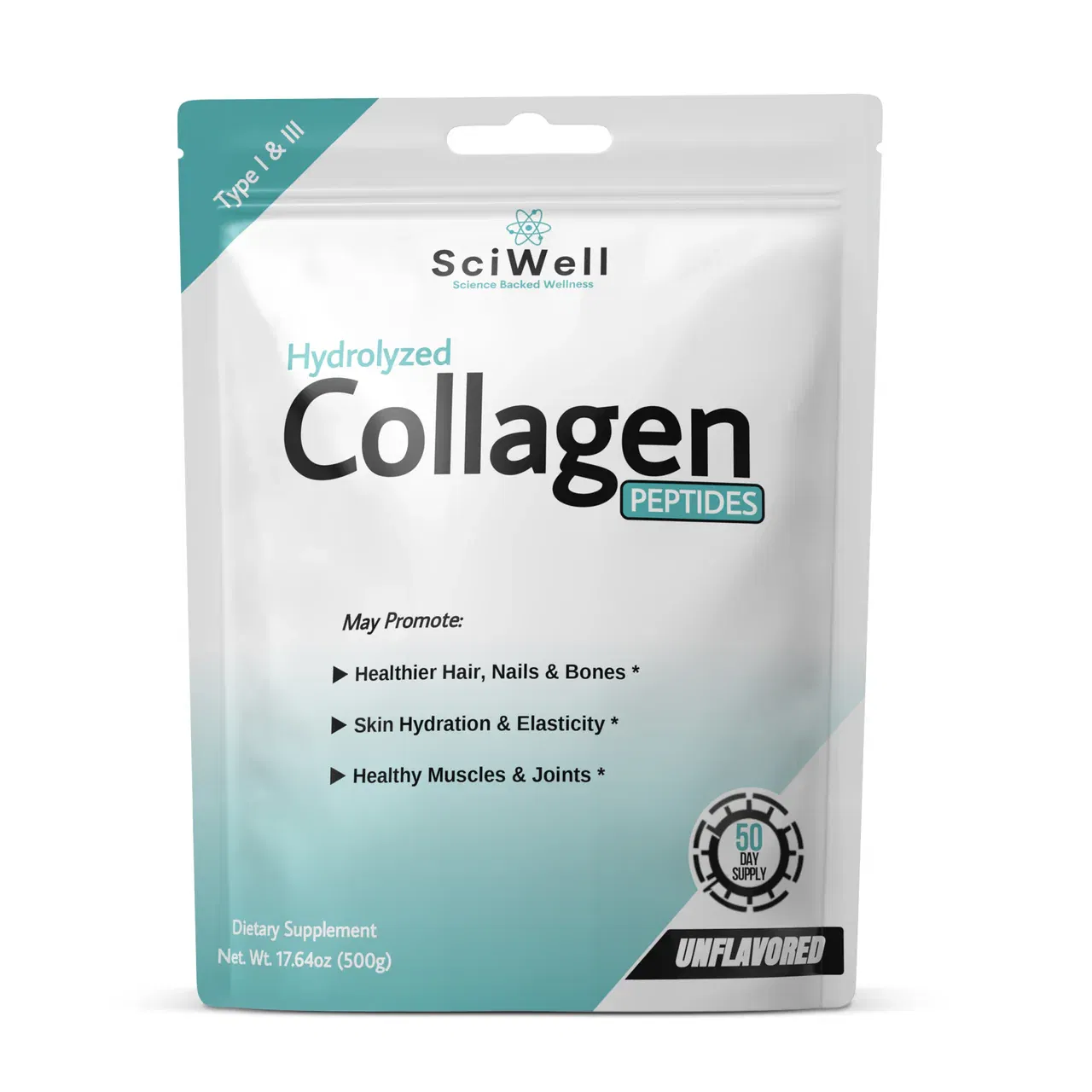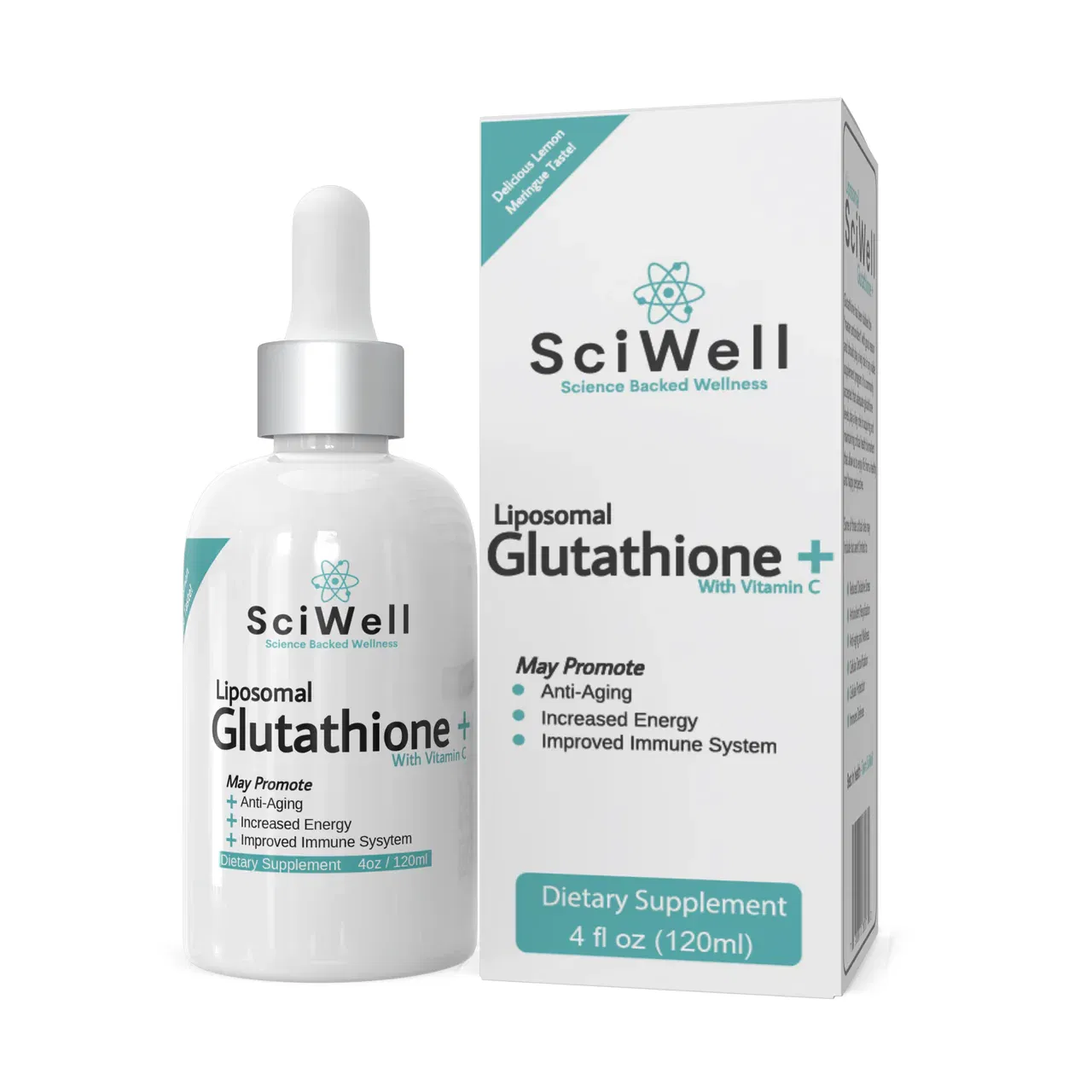
From Anxiety Relief to Bone Health: The Comprehensive Benefits of Magnesium Glycinate for Active Lifestyles
My Store AdminIn the pursuit of a balanced and vibrant life, magnesium glycinate emerges as a vital ally for health-conscious individuals and fitness enthusiasts alike. This powerful magnesium supplement is renowned for its role in over 300 biochemical reactions, crucial for enhancing well-being and optimizing bodily functions. From supporting muscle function to easing anxiety and promoting better sleep, the benefits of magnesium glycinate are both comprehensive and compelling. As a preferred choice for those with active lifestyles or high-stress occupations, its superior absorption minimizes gastrointestinal discomfort, ensuring you can effortlessly incorporate it into your daily routine. Discover how magnesium glycinate not only tackles magnesium deficiency statistics but also offers a pathway to improved physical and mental health, making it a wise addition to your wellness regimen.
Magnesium Glycinate: A Vital Mineral
Magnesium glycinate stands out as a crucial mineral supplement, offering a range of benefits for overall health and well-being. This section explores the fundamental aspects of magnesium glycinate, its role in the body, and why it's a superior choice for supplementation.
Magnesium's Role in Body Function
Magnesium is an essential mineral involved in over 300 biochemical reactions in the human body. It plays a vital role in energy production, protein synthesis, and muscle and nerve function.
This mineral is crucial for maintaining proper heart rhythm, regulating blood pressure, and supporting bone health. Magnesium also contributes to the proper functioning of the immune system and helps regulate blood sugar levels.
Furthermore, magnesium is integral to DNA and RNA synthesis, making it essential for cell growth and repair. Its importance in bodily functions underscores the need for adequate magnesium intake through diet or supplementation.
Superior Absorption and Low Discomfort
Magnesium glycinate is a form of magnesium bound to the amino acid glycine, which enhances its absorption in the body. This unique combination offers several advantages over other magnesium supplements.
The glycine component facilitates better absorption in the intestines, allowing for higher bioavailability. This means more magnesium reaches the cells where it's needed most, maximizing its beneficial effects.
Moreover, magnesium glycinate is known for its gentle effect on the digestive system. Unlike some other forms of magnesium, it's less likely to cause gastrointestinal side effects such as diarrhea or stomach upset, making it an excellent choice for those with sensitive stomachs.
Magnesium for Muscle Function and Recovery
Magnesium plays a crucial role in muscle function and recovery, making it particularly beneficial for athletes and active individuals. It helps regulate muscle contractions and relaxation, reducing the risk of cramps and spasms.
During exercise, magnesium aids in energy production and lactic acid removal, potentially improving performance and reducing fatigue. Post-workout, it supports muscle recovery by assisting in protein synthesis and reducing inflammation.
For those engaged in regular physical activity, maintaining adequate magnesium levels can contribute to better endurance, strength, and overall athletic performance. It's an essential component of any well-rounded fitness and recovery regimen.
Enhancing Mental and Physical Well-being
Magnesium glycinate offers a multitude of benefits for both mental and physical health. This section delves into how this mineral supplement can improve various aspects of well-being, from stress relief to better sleep quality.
Magnesium for Anxiety and Stress Relief
Magnesium has been shown to play a significant role in managing anxiety and stress. It helps regulate neurotransmitters in the brain, potentially reducing symptoms of anxiety and promoting a sense of calm.
Research suggests that magnesium can modulate the hypothalamic-pituitary-adrenal (HPA) axis, which is responsible for the body's stress response. By doing so, it may help lower cortisol levels and mitigate the physical effects of stress.
Additionally, magnesium's muscle-relaxing properties can alleviate tension associated with anxiety, promoting overall relaxation. For those dealing with chronic stress or anxiety disorders, magnesium supplementation may offer a natural approach to symptom management.
Promoting Better Sleep with Magnesium
Magnesium glycinate has gained attention for its potential to improve sleep quality. It helps regulate the production of melatonin, the hormone responsible for sleep-wake cycles.
By promoting relaxation and reducing muscle tension, magnesium can make it easier to fall asleep and stay asleep throughout the night. It may also improve sleep efficiency, allowing for more restorative rest.
For individuals struggling with insomnia or poor sleep quality, incorporating magnesium glycinate into their evening routine might lead to more restful nights and improved daytime energy levels.
Magnesium in Your Daily Routine
Integrating magnesium glycinate into your daily routine can be a simple yet effective way to support overall health and well-being. The key is consistency and finding the right dosage for your individual needs.
Most adults can benefit from taking 300-400mg of magnesium glycinate daily, preferably with meals to enhance absorption. It's often recommended to split the dose between morning and evening for optimal effects throughout the day.
For those new to magnesium supplementation, starting with a lower dose and gradually increasing it can help minimize any potential side effects. As always, consulting with a healthcare professional before starting any new supplement regimen is advisable.
Addressing Deficiencies and Promoting Health
Magnesium deficiency is surprisingly common, yet often overlooked. This section examines the prevalence of magnesium deficiency, its impact on health, and how magnesium glycinate supplementation can address these issues, particularly for those leading active lifestyles.
Magnesium Deficiency Statistics
Magnesium deficiency is a widespread issue, with significant implications for public health. According to recent studies:
-
Up to 50% of the U.S. population may not meet the recommended daily intake of magnesium.
-
Certain groups, including older adults, individuals with gastrointestinal diseases, and those with type 2 diabetes, are at higher risk of deficiency.
-
Magnesium deficiency has been linked to various health issues, including cardiovascular diseases, osteoporosis, and metabolic syndrome.
These statistics highlight the importance of addressing magnesium intake through diet and supplementation to maintain optimal health and prevent deficiency-related complications.
Benefits for Active Lifestyles
For individuals leading active lifestyles, magnesium glycinate offers numerous benefits that can enhance performance and recovery:
-
Improved energy production during exercise
-
Enhanced muscle recovery post-workout
-
Reduced risk of exercise-induced oxidative stress
-
Better sleep quality, supporting overall recovery
Magnesium's role in muscle function and energy metabolism makes it particularly valuable for athletes and fitness enthusiasts. By maintaining adequate magnesium levels, active individuals can potentially improve their endurance, strength, and recovery.

